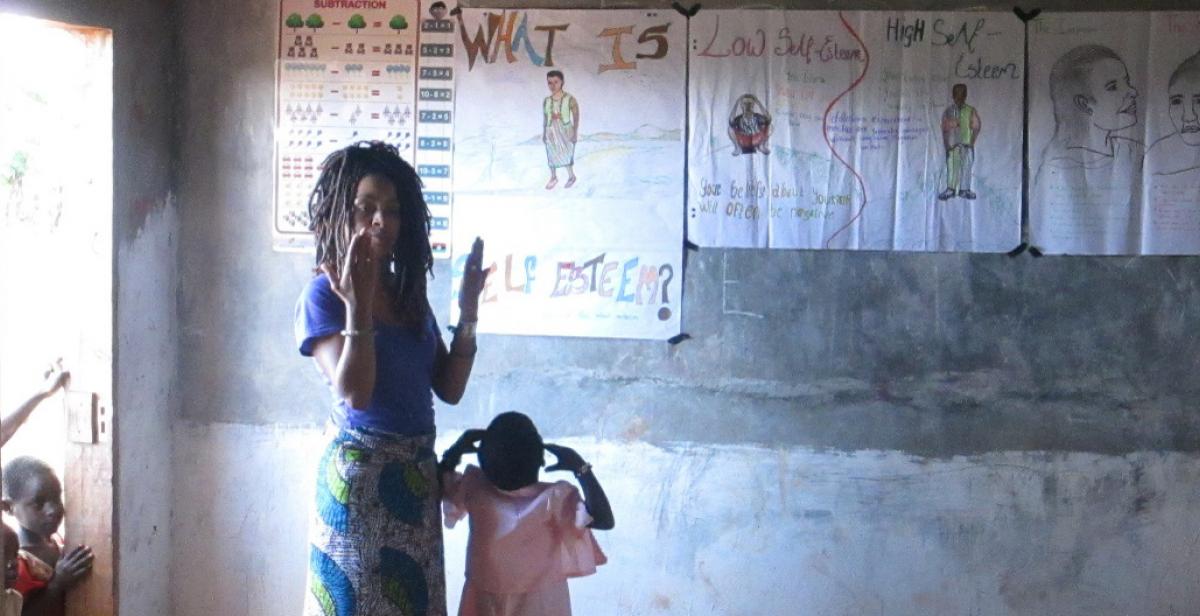Man Cannot Live on Nsima Alone
Malnutrition is an ugly word.
For many people here, it’s an ugly reality. Malnutrition doesn’t necessarily imply a lack of food, but refers more to a severely unbalanced diet. Walking around the small rural settlements we are working with, we often see signs of nutrient deficiency; cracked and flaking skin, poor muscular growth, lethargy, and in extreme cases kwashiorkor: a symptom of severe protein deficiency characterised by a swollen belly as a result of a gastro-intestinal imbalance (i.e. too much carbohydrate, not enough protein).
We in the West tend to take the importance of a balanced diet for granted. But for many Malawians, a balanced diet is the difference between life and death.
Nutrition is the science of, among other things, which nutrients are needed for a healthy body, what nutrients perform what functions within the body, where to find them, and how to spot signs of deficiency. Unfortunately, this is the kind of information that just isn’t getting to the people who need it.
We delivered sessions on basic nutrition to several communities, including schools, community-based childcare centres and AIDS support groups. Our presentations filled the communities in on exactly what they needed to do to avoid things like night blindness (a lack of vitamin A) and scurvy (a lack of vitamin C). Deficiencies can be devastating, but can be remedied by as little as an orange every now and then for vitamin C, or a good helping of boiled pumpkin for vitamin A, both of which are readily available here in Malawi.

Volunteers deliver sessions at Tivwirane Community-Based Organisation.

Volunteers deliver the same session to Kadambo AIDS support group.
Taking Care of Number One
Looking after yourself properly is a skill that many people don’t learn until they're about 25. If you live with HIV, looking after yourself gets a lot more complicated.
Here in Malawi, ARV’s (anti-retroviral drugs) and post-diagnosis counselling are available to those who need them. The problem is that many people are not aware what they need to do at home once they receive a positive diagnosis. However, there are many steps to take that are necessary for extending your longevity and maintaining your quality of life as much as possible.
Home-Based Care is the art of looking after yourself when you are HIV positive. We thought it would be a good idea to make sure HIV positive Malawians know what to do in order to give themselves the best care possible; that is, ensure they get the right nutrients to replenish the immune system and fortify their overall health.
It’s also important that people living with HIV understand the importance of ARV’s, how and when to take them, and what activities and substances to avoid.
So, we delivered numerous sessions to Aids Support groups on Home-Based Care.

Memory facilitates her session on Home Based Care at Kadambo AIDS Support Group.



